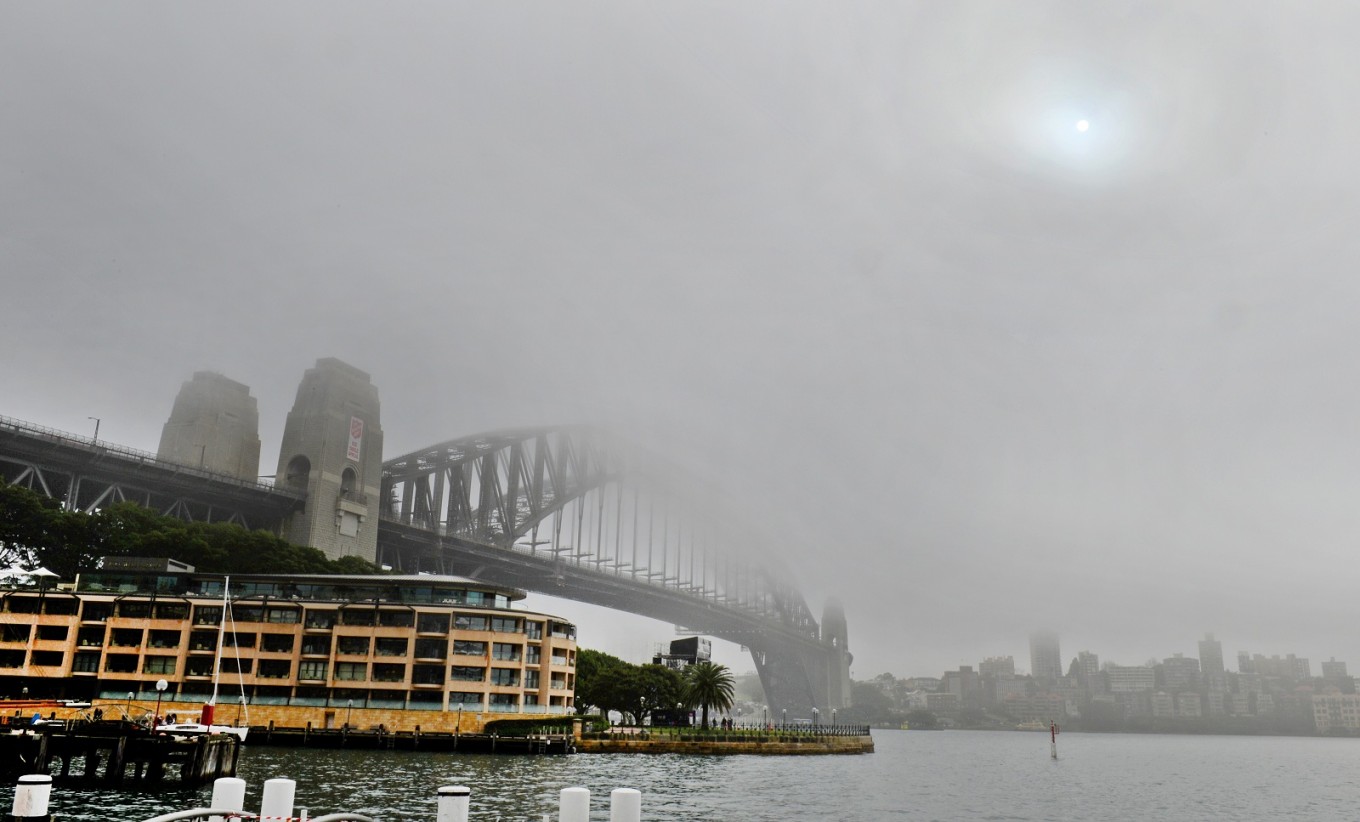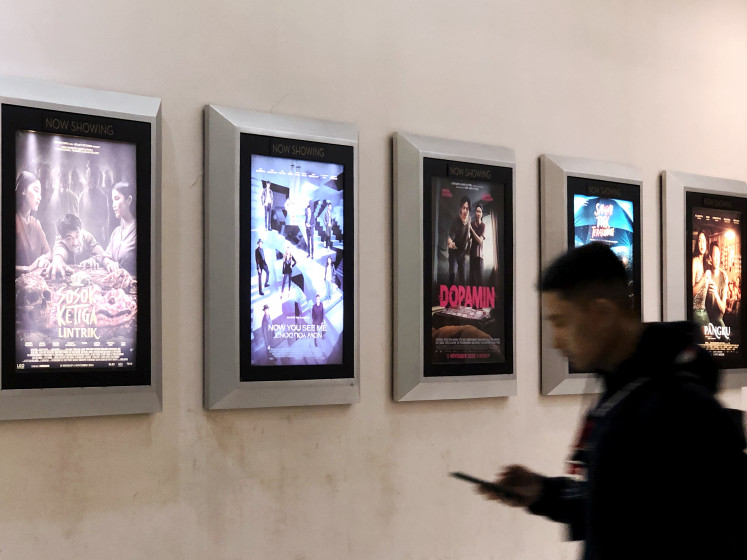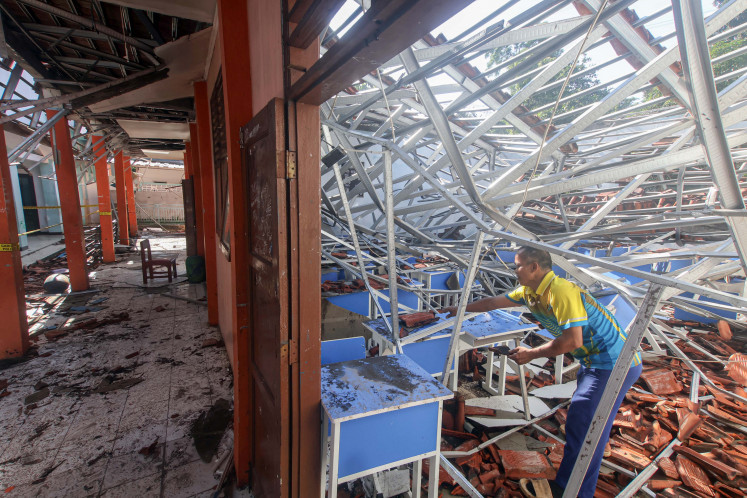Popular Reads
Top Results
Can't find what you're looking for?
View all search resultsPopular Reads
Top Results
Can't find what you're looking for?
View all search resultsAustralian economy stalls as consumers spend less
Change text size
Gift Premium Articles
to Anyone
A
ustralia's economic growth stalled in the third-quarter of the year with consumer spending running out of steam as house prices fell further, official data showed Wednesday.
The G20 economy grew a meager 0.3 percent between July and September, the slowest rate in two years and far below market expectations.
The Australian dollar -- buoyed by 27-years straight growth -- slid against the US dollar on the news.
JP Morgan economist Tom Kennedy said the data came with "ominous" signs from Australian consumers.
"The consumer has outperformed relative to fundamentals for the past almost two years," he said.
"Now a combination of weak wages, slowing housing, limited wealth effect and high debt are really starting to culminate in a pretty ominous backdrop for household spending."
Australians spent less on big ticket items like cars and clothing, while spending on essentials like food increased very slightly.
Over the last year the Australian economy has expanded around 2.8 percent, trailing forecasts.
Australia's solid economic performance in the last few years had been a pillar of the ruling Liberal Party's appeal to voters ahead of elections expected next May.
Although the figures do not shatter that argument, it will raise doubts that make life more difficult for embattled Prime Minister Scott Morrison.
The latest figures -- much weaker than the central bank's year-end forecast of 3.5 percent -- came a day after the Reserve Bank of Australia kept the interest rates on hold at a record-low of 1.50 percent.
Interest rates have remained unchanged since August 2016 as the central bank monitors the economy's rocky transition away from a massive mining investment boom.
Key risks that the Reserve Bank has been monitoring include soft wages growth and inflation, even as the labour market strengthens.
Market analysts expect the RBA to remain on hold until late 2019 or early 2020.










